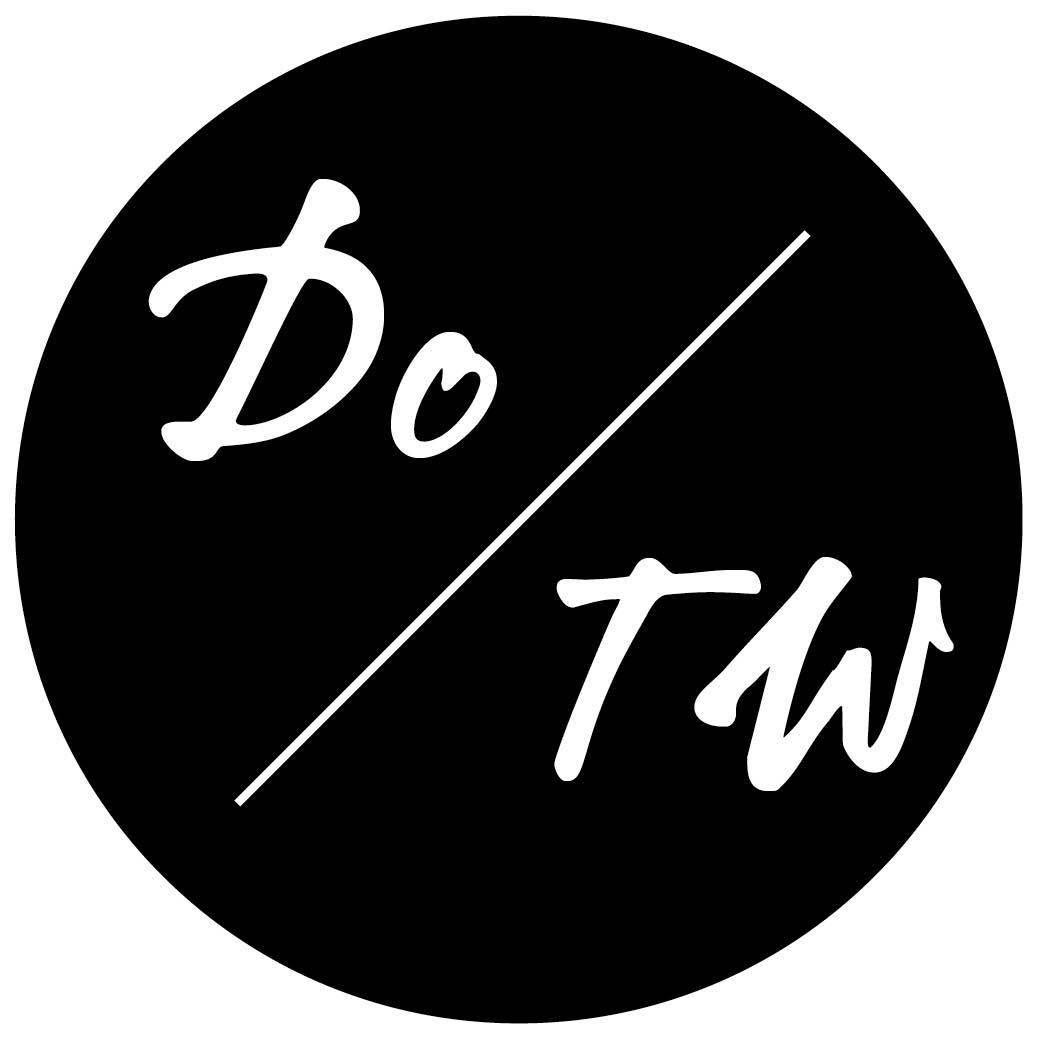A Quick, Easy, Empowering Weekly Accountability Check-in for Freelance Writers

How responsible do you feel to your freelance writing goals?
The answer I often here is some variant of “not very,” typically centered around all of the other factors that are in the way.
I ask because the word “accountability” gets through around a lot–on social media, in face-to-face discussions with other writers, and especially on coaching calls.
So I looked it up to dig into what accountability is meant to mean.

And that’s when I was struck by the association with responsibility.
Particularly an obligation or willingness to accept responsibility…for one’s actions.
These things are in the way of you getting your freelancing done are in your path because you give them priority over your freelancing. So I hope that you are putting them there intentionally!
If not, there’s a quick and easy way to get a handle on what’s happening and what you’re prioritizing each week that we do every week with members of our Dream Buffet and coaching programs.
Why We Use This Weekly Accountability Check-In
The idea for this weekly check-in came from an online business blogger I follow, and the premise is very simple. Every week, on Friday, you receive three questions.
It’s simply and elegant, and the gentleman I mentioned encourages you to cc the email to your Evernote or somewhere else so that you have a running record of what you’re accomplishing and how you’re progressing.
But he charges $299/year for this. And he actually had to stop doing it, because that price wasn’t enough to cover the way he had set up the accountability practice in terms of reviewing and responding to the emails. (That’s another story…and different type of business issue!)
I want to tell you why so you can understand why ours is set up the way it is.
You’re certainly more likely to respond and stick with it if you have some skin in the game; I get that. But I know this can be a gamechanger for a lot of you, so here’s the deal: you’re only going to get something out of this accountability practice if you are committed. And I’m not going to charge you to force you to commit; you have to make that decision yourself.
But I can tell you with 100% certainty that every time I myself have kept a daily running log of accomplishments and plans for the next day and checked in with those lists consistently, it has made a huge difference in my productivity–on the important, income-generating things that really matter to my business–and I have seen the same happen with many others in various writing and small business groups I’ve been in over the years.
The thing is that many folks use opportunities like this, in Facebook groups or when just catching up in person with other freelancers, to focus on the past–to get lost in explanations and circumstances.
We have changed our ACT questions from the original ones used by the the gentleman I mentioned to encourage your accountability check-in and week-ahead planning to look forward, productively, on how to create more of the behaviors that work for you in the future, rather than explaining to yourself or anyone who will listen why last week didn’t go as you’d like.
How To Do Your Own Weekly Accountability Check-In
The important thing though, is that this accountability check in is for you.
You can just do it on your own.
Because that’s what the ACT is all about: creating forward motion with small steps, self-awareness, and the kind of honesty with your self about what is and isn’t working that only comes with sustained tracking and review of what is and isn’t working.
So here are some ways I suggest you approach this weekly ACT email:
- Don’t get caught up if it’s been a slow week. I know from personal experience. If you find yourself staring at question #1 (what did you get done last week) and you’ve had a hell of a week, it can be a depressing moment. But that’s not the point of that question. Use it to spur yourself to figure out what you actually have been doing all week. That might mean:
- buckling down to get two months of trips researched and booked
- spending half the week racing around the embassy and police departments trying to get a lost passport replaced
- successfully bringing your blog back online after it was derailed by a hack
The point of reflecting on that past week is to find something that makes you proud and re-energized, not to wallow over a bad week! Some other activities you might record in this section include:
- getting 10 blog posts from a past trip up
- landing three phone calls from cold emails for travel content marketing projects
- filing a 2,000-word feature
- Set reach yet reasonable goals for the upcoming week. When you start an accountability practice like this, it’s easy to set goals that sound great, that you would be really happy to accomplish, but, in aggregate, really aren’t feasible to accomplish in one week or with the other things on your plate in the week ahead. One of the best parts of an accountability practice like this is understanding your limits and what you’re capable of. You’ll naturally even out your expectations over time, so don’t be discouraged if the first couple weeks you find yourself facing the realization on Friday morning that you didn’t finish your list from the last week. It’s a natural part of the process. Just make sure to course correct.
- Don’t let yourself get caught up in circumstances. There are always reasons why we can’t accomplish the things we plan. The trick is to do it anyway. I love the maxim “you can have whatever you want, just not the way you want,” and it particularly applies to question #3. You can use this part to tell me all the reasons you weren’t able to accomplish your list of goals for the week, but if you do, over time, you’ll start to notice that that section of your email has become a list not of things that are holding you back, but of excuses that you make to keep yourself from taking control of your future.
So with the prologue aside, take two minutes to write yourself a really short list this week. Here’s the questions:
- What stands out to you most that you accomplished last week?
- What will you get done next week?
- What insights do you have about what you are and aren’t getting done?
Don’t go too crazy on the goals for next week, and focus on one accomplishment that makes you feel good from the prior week.
If you’d like to receive our weekly accountability emails (plus a boatloausd of other resources), grab a seat at the Dream Buffet.
